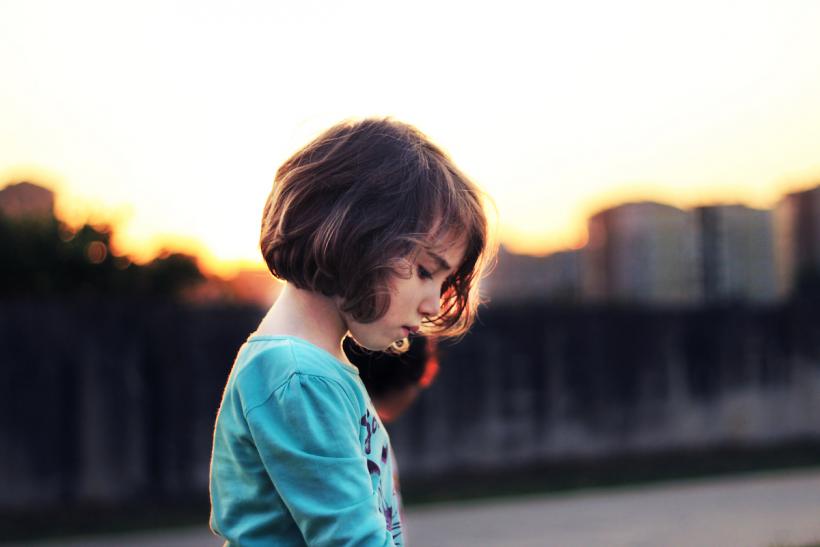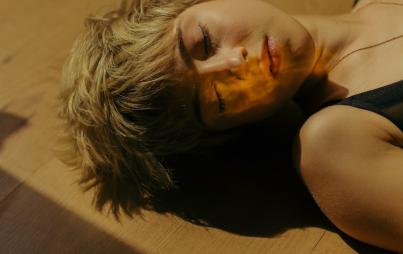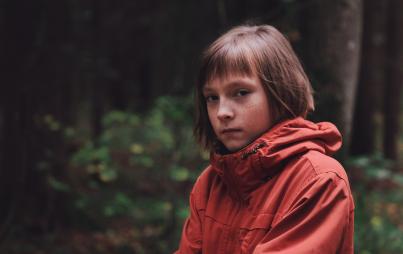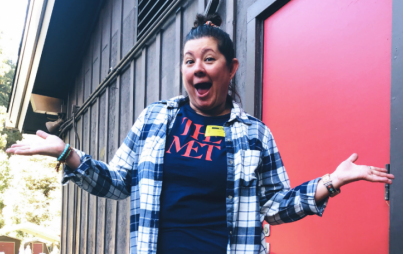
I try to talk about it. I try to ask about it. I try to make a space for these realities.
Foster Care.
When we think of foster care or wards of the state or orphans or homelessness, we hear poor. We hear the forgotten. We hear hopeless. We hear other. Let’s face it: we hear classism, trash, bad parents, drugs. The stigma cuts through the room, through the world, through the news reports we don’t read — and through our bodies.
So let’s get this out of the way now: Imagine not coming from a relatively typical family background, not having enough money to go on school trips, and knowing the structure of an Alcoholics Anonymous meeting and watching your mother at the podium. Imagine going from homeless shelter to foster care where your main source of support as a teenager wasn’t your mother or father, but your social worker or your foster parent — a stranger, for all intents and purposes. Imagine keeping all of this quiet, because there’s no way high schoolers could ever understand. This was my life. Now you know.
I’ve lived for years with the knife of shame in the small of my back — it stung when I moved.
It bled when I walked. I ducked through the shadow of my life, trying to stay in the light — trying to appear as a thing understandable: a girl, dark hair, a skirt and a blouse, a blue house. But I wasn’t those things. I was a girl with very little belongings, living in a place that wasn’t my own, in a life that had been forced upon me during the years that mattered the most.
In writer Lemn Sissay’s beautiful TED Talk about foster care, he says that there are dozens (dozens!) of beloved pop culture characters who were in foster care or orphaned — Harry Potter, Batman, Matilda, Moses, Luke Skywalker, Oliver Twist, just to name a few. And I add Marilyn Monroe, an orphan, to that list.
Isn’t it odd that we connect — on a daily basis — to these characters — that we happily see Harry Potter movies and dress up as Slytherin or Gryffindor, that we look upon Monroe as a sex icon but not a girl orphaned, thrown away? Isn’t it odd that in reality, where it matters most, the orphan isn’t spoken of, isn’t regarded, is mostly forgotten — save for being consistently cast as the “PERP” on shows like Criminal Minds and The Killing?
Sometimes, I am sure, being uncomfortable is the way we connect — no matter the trauma. Saying the word — whichever word it is: racism, poverty, depression, orphan— normalizes it so that we can treat the issue and make space for healing.
And when we think of Harry Potter, we often think of the battle between good and evil. But do we think of his being orphaned — and that the evil that this pain has caused, metaphorically and literally — is a reality for some of us? We may not all be fighting a dark wizard, but we are fighting the darkness that has violated our childhood or teen years — the scar that no one can see. And that no one wants to see.
“It’s not our pity that they need. It’s our respect,” said Sissay. And he’s right. He says that the people who were in foster care now lead “adult lives in fear of speaking of their background, as if it may somehow weaken their standing in the foreground, as if it were somehow Kryptonite, as if it were a time bomb strapped on the inside. Children in care, who've had a life in care, deserve the right to own and live the memory of their own childhood. It is that simple.”
All of this isn't to say I am a sob story, a weakling that needs your compassion, a tragedy.
I’m not a tragedy. And I don’t want to be treated like one.
Instead, I want you to know that I’m here — and that my life isn’t a bad word, that is isn’t a secret, and that I’ve nearly killed off the shame and stigma I was inhabited by. This means that you don’t need to believe I’m ashamed, either. You and I can talk as friends do — as people do: openly, with ease, with curiosity and without whispering.
The pain ought to be acknowledged — not only because it’s the right thing to do between friends, but because it is an ongoing open wound in our country. According to a new, unsurprising (but necessary) study by the Pediatrics journal, children in the U.S. foster care system tend to suffer significantly higher risks of emotional and physical health issues: depression, anxiety, overeating — you name it.
How many of us are going through this? “Each year, nearly 1% of US children spend time in foster care, with 6% of US children placed in foster care at least once between their birth and 18th birthday,” the study found. This is a decent chunk of the population. And, given the trauma and pain suffered by being taken from our families, I would bet that not many foster care youth thrive without issue later in life. I certainly suffer from anxiety and PTSD, but I’m considered high-functioning. I’m considered successful — lucky even, all things considered.
So why do the few friends who ever talk about it with me make vague comments like, “Well, with what happened to you…” or “your past?” The words “foster care” never slip past their lips. They dance around the issue as if it’s an impossibility that a stranger fed me every day.
It’s uncomfortable, I know. It’s odd and broken and too real. It’s not like your life.
When I think of the suffering of others — due to prejudices around gender, mental health, sex, size, race or disability, I don’t always know what it is like. I’m an able-bodied white woman at the end of the day. I am not at a disadvantage to anything but my own painful memory.
But I try and listen. I try to talk about it. I try to ask about it. I try to make a space for these realities. I do so because I want to validate others’ experience and learn from it. I don’t think remaining quiet — lurking in the shadows with our empathy but without voice — is the answer.
Sometimes, I am sure, being uncomfortable is the way we connect — no matter the trauma. Saying the word — whichever word it is: racism, poverty, depression, orphan— normalizes it so that we can treat the issue and make space for healing. So we can move past the icky, strange foreignness of it all and find a solution to the lifelong ache of silence.
That said, it is OK to ask what happened with my mother or my father. It is fine to ask if I’m feeling happy today. It’s alright to assume that I am fighting against some deep-seated issues caused by a sense of abandonment. It’s OK that we came from different backgrounds.
With the risk of being a little too har-har here, I will say that Foster care is not my Voldemort. Say it aloud with me.








